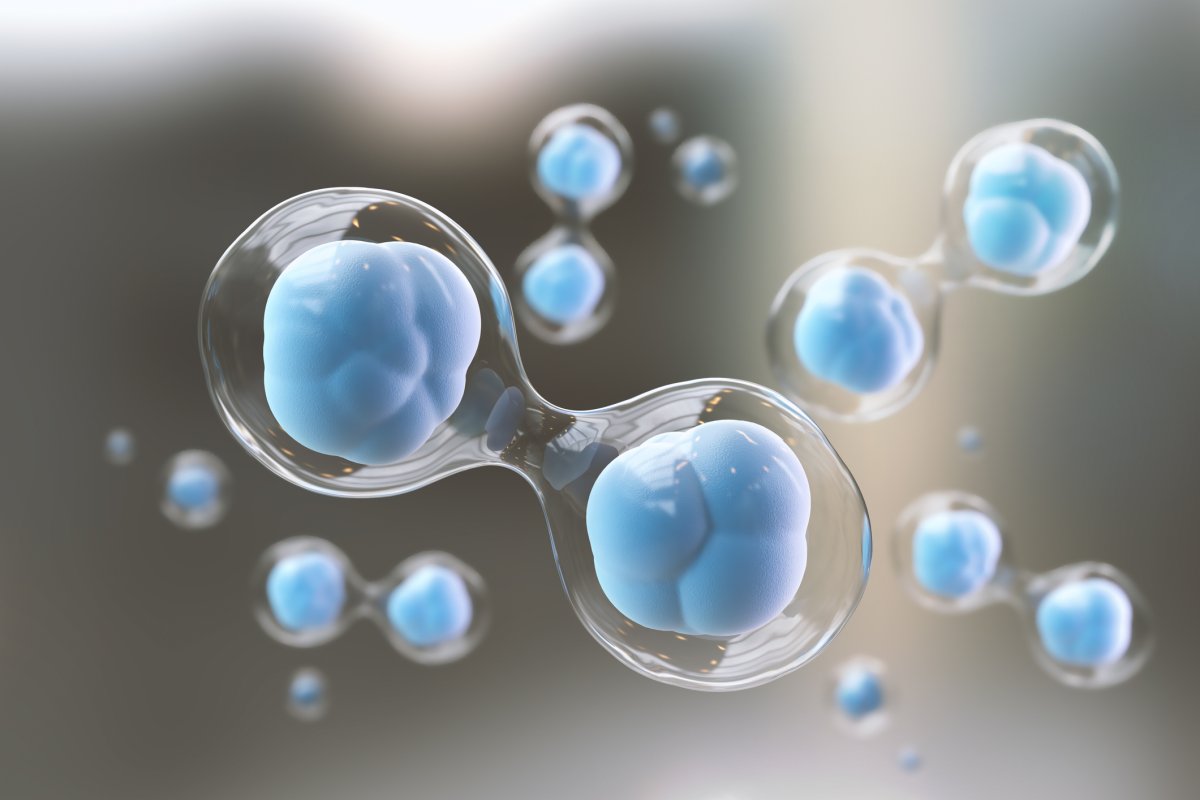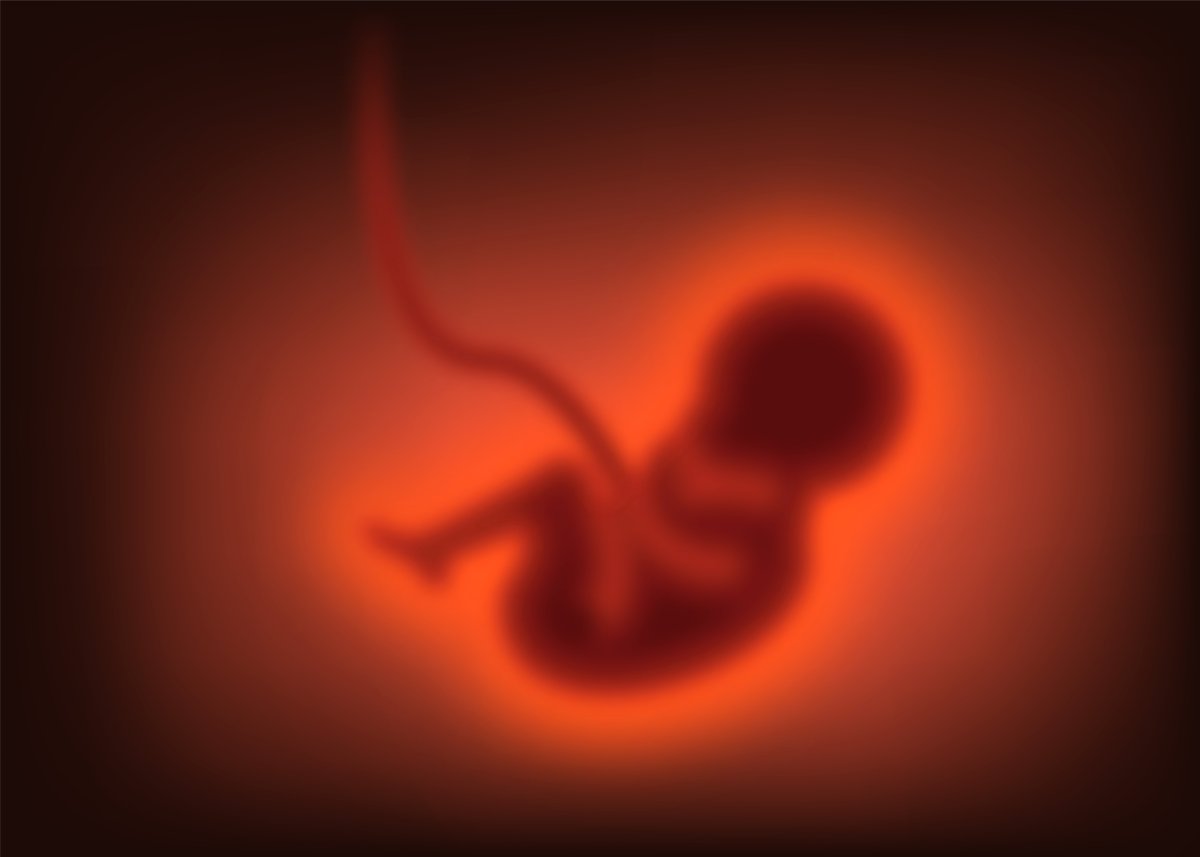A 36-year-old Spanish woman has survived having 12 different tumors–five of which were malignant–over a 34-year period.
Doctors are perplexed as to how she was able to progress through even the earliest stages of embryonic development, let alone overcome so many malignant growths.
The patient developed her first tumor when she was just two years old and she has since developed new growths every few years. To understand the mechanisms behind her exceptional susceptibility, researchers at the Spanish National Cancer Research Center took blood samples to screen for mutations in genes known to cause hereditary cancer. None were found.
It was only when the researchers analyzed the patient's entire genome that they found what they were looking for—two mutant copies of the gene MAD1L1.

"MAD1, the protein encoded by MAD1L1, is a critical regulator of the proper segregation of chromosomes during [cell division]," Marcos Malumbres, head of the Cell Division and Cancer Group at the Spanish National Cancer Research Center, told Newsweek.
When a cell is preparing to divide, it creates a copy of each of its 46 chromosomes, tightly wound structures that contain the cell's DNA. These chromosome pairs then line up along the center of the cell and are split evenly so that one copy of each chromosome ends up in each new daughter cell.
MAD1 holds off cell division until all of the chromosomes in the cell are properly aligned along this central point.
"In the absence of MAD1, cells exit mitosis prematurely, generating daughter cells with abnormal numbers of chromosomes," Malumbres said.
Having an unusual number of chromosomes can wreak havoc on a cell's metabolism, but it can also promote tumorigenesis. As a result, an unusual number of chromosomes is one of the hallmark features of cancer.
"This is the first description of homozygous mutations in MAD1L1," Malumbres said. "Mutations in the two copies of MAD1L1 in the mouse lead to embryonic lethality."
In other words, it is a miracle that the patient made it past the earliest stages of embryonic development.

"Cell division and proliferation is specifically important during embryonic development, when all tissues need to be formed," Malumbres said. "Thus, MAD1L1 mutations lead to developmental problems such as microcephaly, bone problems etc. Due to these developmental problems and the high susceptibility to multiple pathologies, the patient is constantly monitored in the clinic."
However, aside from these considerations, the patient has been able to lead a remarkable "normal" life: "She is working, living on her own, and has no intellectual disability," Malumbres said.
Perhaps even more surprising is the ease with which she fought off the five aggressive cancers. The researchers believe that this is likely to have something to do with the patient's immune system.
"Our data suggest that the immune system is able to recognize the cells with abnormal number of chromosomes generated as a consequence of MAD1L1 mutations," Malumbres said. "Since the patient is constantly generating abnormal cells, the immune system is activated in a chronic manner.
"We can speculate that this hyperactivation of the immune system may favor a strong immune response against aneuploid tumor cells."
The researchers hope to use their findings to better understand the potential for defensive action by the immune system against tumor cells with unusual chromosome counts. With any luck, this knowledge will help pave the way to new therapeutic options for cancer patients in the future.
Uncommon Knowledge
Newsweek is committed to challenging conventional wisdom and finding connections in the search for common ground.
Newsweek is committed to challenging conventional wisdom and finding connections in the search for common ground.
About the writer
Pandora Dewan is a Senior Science Reporter at Newsweek based in London, UK. Her focus is reporting on science, health ... Read more
To read how Newsweek uses AI as a newsroom tool, Click here.








